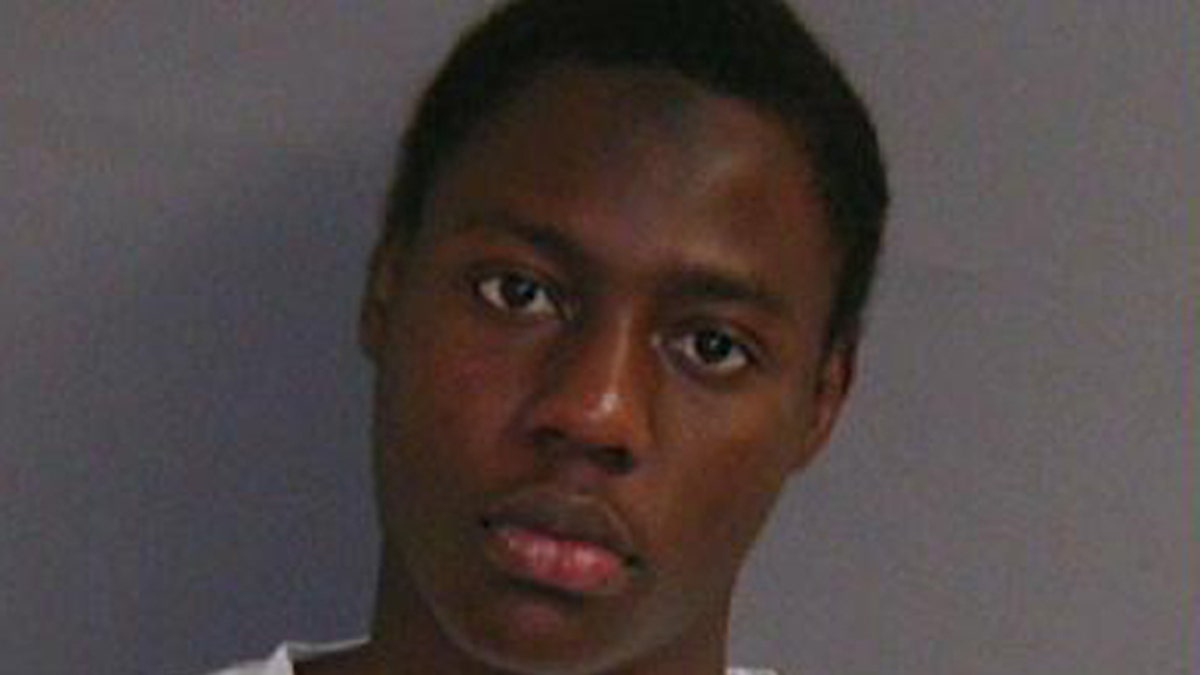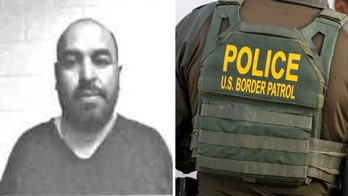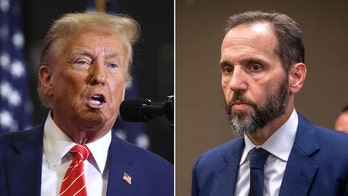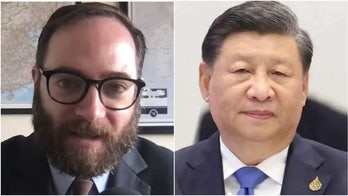
Suspected airplane bomber Umar Farouk Abdulmutallab (FNC)
CIA's Africa division had prepared a report on a young Nigerian man well before he allegedly attempted to blow up a plane over Detroit on Christmas Day, but the report wasn't distributed because the analyst in charge was waiting for pictures of the man, Fox News has learned.
Sources cite this as a main reason President Obama declared Tuesday that a "systemic failure" had occurred in the run-up to the attempted attack aboard a Northwest Airlines flight.
One official described the CIA report as containing a "more extensive description" of Umar Farouk Abdulmutallab's travel and contacts, which could have been used to keep him off the plane. The National Counterterrorism Center already had learned about Abdulmutallab and added his name to a terror database of more than a half-million people, but he had not been added to the smaller "no-fly" list or another list that requires secondary screening at airports.
There is disagreement, however, in the intelligence community about whether the CIA report was the "smoking gun" that should have sounded the alarm or rather one of many pieces of a puzzle that the government didn't assemble in time.
The new details come as intelligence, diplomatic and security officials scramble to explain what went wrong -- with lawmakers pointing fingers and Obama calling for "accountability."
Abdulmutallab is accused of trying to ignite an explosive smuggled aboard the plane in his underwear. The device caught fire but failed to detonate, and passengers quickly subdued Abdulmutallab.
The CIA report contained a reference to "more extensive description of (Abdulmutallab's) travel in the Middle East and his contacts," a U.S. intelligence official told Fox News.
But another U.S. official familiar with intelligence sharing at the CIA argued that "there was no smoking gun" in the report, adding that the National Counterterrorism Center has access to the CIA's raw intelligence and reports in progress.
Obama signaled Tuesday that his review of the incident will dig deep into the many warning signs that were missed at multiple levels of the federal bureaucracy.
"The warning signs would have triggered red flags and the suspect would have never been allowed to board that plane for America," Obama said.
Within hours of his remarks, new information trickled out about who knew what, and when. And it didn't look good for some agencies.
The basic timeline is this: As early as August, telephone intercepts alerted intelligence officials to someone called "The Nigerian" involved in a planned attack. The CIA, though, didn't realize that the individual was suspect Abdulmutallab until after the bombing attempt.
Then in November, the suspect's father contacted the U.S. embassy in Nigeria to warn U.S. officials about his son's radical associations and that he had disappeared. After the father's warning, the State Department sent a cable Nov. 20 to the National Counterterrorism Center warning about the son's possible extremist ties.
The cable said: "Information at post (embassy) suggests subject may be involved with Yemeni-based extremists." It went on to say Abdulmutallab has traveled to Great Britain, Togo and the United Arab Emirates.
At that point, his name was added to the terror database.
Obama said Tuesday that Abdulmutallab should have been on a no-fly list in part because of the father's warning. That information was passed on to U.S. intelligence, but it wasn't "effectively distributed," Obama said.
Another intelligence official said there was information out there that would have allowed the National Counterterrorism Center to potentially elevate the suspect's name on a terror database.
But other officials bristled at the suggestion that key warning signs were missed in the intelligence community.
One U.S. official told Fox News that the suggestion that a "magic" piece of intelligence would have shot Abdulmutallab's name to the top of the no-fly list is absurd.
One source told Fox News that the CIA, the Office of the Director of National Intelligence and the National Counterterrorism Center were all blind-sided by Obama's comments Tuesday about failures at multiple levels of government.
CIA spokesman Paul Gimigliano also said the agency did not have the suspect's name until after his father met with U.S. embassy officials in Nigeria. He said the CIA worked with the embassy to ensure the suspect's name was in the terror database and forwarded "key biographical information" to the National Counterterrorism Center.
The State Department, too, deflected some attention on Monday, saying counterterrorism officials were the ones who decided not to revoke Abdulmutallab's visa. Spokesman Ian Kelly said that while the State Department has the authority to revoke a visa, it's not the department's responsibility. He said that after the suspect's father contacted the embassy, the warning was sent to the National Counterterrorism Center, which reviewed the case and determined there was "insufficient" evidence to take back the visa.
He said a review, nevertheless, is in order.
The preliminary results of an internal review are due Thursday to the president, who is on vacation in Hawaii.
A senior administration official, speaking with reporters on condition of anonymity, said enough had been known about the suspect to stop him, but the government didn't connect the dots.
"It is now clear to us that there were bits and pieces of information that were in the possession of the U.S. government in advance of the Christmas Day attack -- the attempted Christmas Day attack -- that had they been assessed and correlated could have led to a much broader picture and allowed us to disrupt the attack," the official said.
It's unclear how the White House intends to handle any glaring errors in the system. But Obama's remarks Tuesday were to an extent a correction to Homeland Security Secretary Janet Napolitano's claim Sunday that "the system worked." Napolitano clarified Monday that she was referring to agency coordination after the attempt, not before.
But Napolitano's handling of the affair has made her an early target on editorial pages and from Republicans, who have long taken issue with the former Arizona governor. Rep. Dan Burton, R-Ind., was the first to call for her resignation.
"The fact that this security breach occurred in such a brazen way means that there was a level of significant incompetence involved, and I believe that rests solely on the shoulders of Homeland Security Secretary Janet Napolitano," Burton said in a written statement Tuesday. "Her bizarre remarks on Sunday were the final straw in a series of embarrassing and incompetent comments this year."
Fox News' Catherine Herridge contributed to this report.




